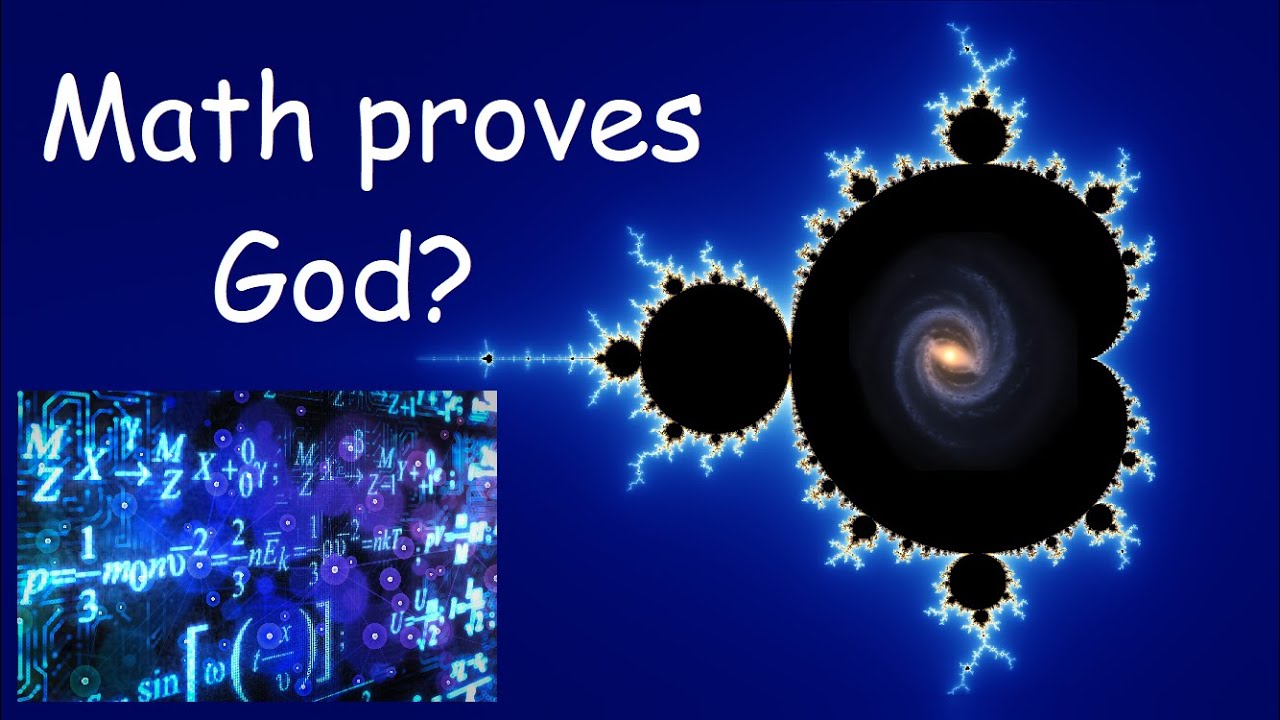GURU GEMBUL VS UST NURUDDIN: APAKAH TUHAN BISA DIBUKTIKAN SECARA ILMIAH?
Summary
TLDRThe video script explores the contrasting perspectives on the existence of God and the origin of the universe. It highlights the difference between scientific explanations, such as the Big Bang theory, and philosophical arguments that often invoke mysterious forces or divine entities. The script discusses the limitations of rational arguments when not supported by empirical evidence, particularly in the realm of quantum physics, where phenomena can occur without clear causation. Ultimately, it emphasizes that individual beliefs, whether in God or other entities, are rooted in faith and personal experience, shaping actions and attitudes toward others.
Takeaways
- 😀 Rational explanations, like those in science, provide concrete, testable insights into phenomena, unlike vague concepts.
- 🔍 Scientific theories, such as the Big Bang, allow for observation and experimentation, enhancing our understanding of the universe.
- 🤔 The concept of causality is challenged by quantum physics, where events can occur without clear causes.
- 🔗 The argument for a first cause leading to God is questioned by the possibility of the universe existing without a specific cause.
- 💡 Rational arguments can lead to multiple conclusions about the universe's origin, all of which can seem valid.
- ⚖️ Beliefs about creation can significantly impact personal peace and moral actions, regardless of their empirical foundation.
- 🌌 The discussion highlights that not all logical arguments are scientifically valid; empirical evidence is crucial.
- 📖 The speaker emphasizes the difference between logical coherence and empirical verification in assessing arguments.
- 🌈 Personal faith plays a critical role in the acceptance of various cosmological beliefs and perspectives.
- 🤝 Ultimately, the importance lies in how our beliefs shape our character and relationships with others.
Q & A
What is the main argument presented in the transcript regarding the existence of God?
-The main argument is that while rationality can suggest the existence of God, it does not necessarily provide empirical evidence, and various rational conclusions can lead to different beliefs about the universe's origin.
How does the speaker compare the explanations given by Hito and Eman regarding a car stopping?
-Hito's explanation focuses on tangible issues like engine problems, while Eman's explanation involves a 'mysterious power,' which is deemed less helpful as it does not provide a basis for investigation or understanding.
What role does quantum physics play in the argument against traditional causality?
-Quantum physics introduces phenomena like virtual particles that can appear without clear causes, challenging the traditional understanding that everything must have a cause.
Why does the speaker argue that scientific explanations are more beneficial than mystical ones?
-Scientific explanations are testable and can be observed, providing concrete pathways to understanding and solving problems, unlike mystical explanations that lack empirical support.
What is the significance of the Big Bang theory in the context of this discussion?
-The Big Bang theory offers a scientific framework that describes the universe's origin through empirical evidence, contrasting with the idea of a supernatural creator that lacks testable details.
How does the speaker view the relationship between rationality and empirical evidence?
-The speaker emphasizes that rational arguments alone do not equate to scientific truth; empirical evidence is necessary to validate claims and theories in science.
What example does the speaker use to illustrate the flaw in logical reasoning without empirical support?
-The speaker uses the example of birds and penguins, where a logical argument that all birds can fly fails upon empirical observation that some birds, like penguins, cannot fly.
What does the speaker suggest about the plurality of beliefs in relation to rational conclusions?
-The speaker notes that rational conclusions can lead to multiple beliefs about the universe's creation, such as different deities or concepts, all of which may seem rational but stem from personal faith.
How does the speaker characterize the role of faith in choosing beliefs about the universe?
-The speaker posits that faith, rather than empirical evidence, often underpins people's choices of beliefs regarding the universe, highlighting the personal nature of such convictions.
What is the ultimate takeaway the speaker offers regarding belief and character?
-The speaker concludes that the most important aspect of belief is how it shapes one's character and actions, fostering respect and compassion regardless of differing beliefs.
Outlines

Этот раздел доступен только подписчикам платных тарифов. Пожалуйста, перейдите на платный тариф для доступа.
Перейти на платный тарифMindmap

Этот раздел доступен только подписчикам платных тарифов. Пожалуйста, перейдите на платный тариф для доступа.
Перейти на платный тарифKeywords

Этот раздел доступен только подписчикам платных тарифов. Пожалуйста, перейдите на платный тариф для доступа.
Перейти на платный тарифHighlights

Этот раздел доступен только подписчикам платных тарифов. Пожалуйста, перейдите на платный тариф для доступа.
Перейти на платный тарифTranscripts

Этот раздел доступен только подписчикам платных тарифов. Пожалуйста, перейдите на платный тариф для доступа.
Перейти на платный тарифПосмотреть больше похожих видео

Bishop Barron on Stephen Hawking and Atheism

Proving God exists using Math

ATEU FICOU SEM PALAVRAS COM A RESPOSTA DE FRANK TUREK - INÉDITO EM PORTUGUÊS

Spoiler Alert: God Did Not Create the Universe

Ibn Sina: Theory of emanation

The Argument from Design, Clip 8 (Philosophy of Education Part 2, Section 17)
5.0 / 5 (0 votes)
